Mick Mulvaney says 'nobody cares' about the deficit. He used to. A lot.
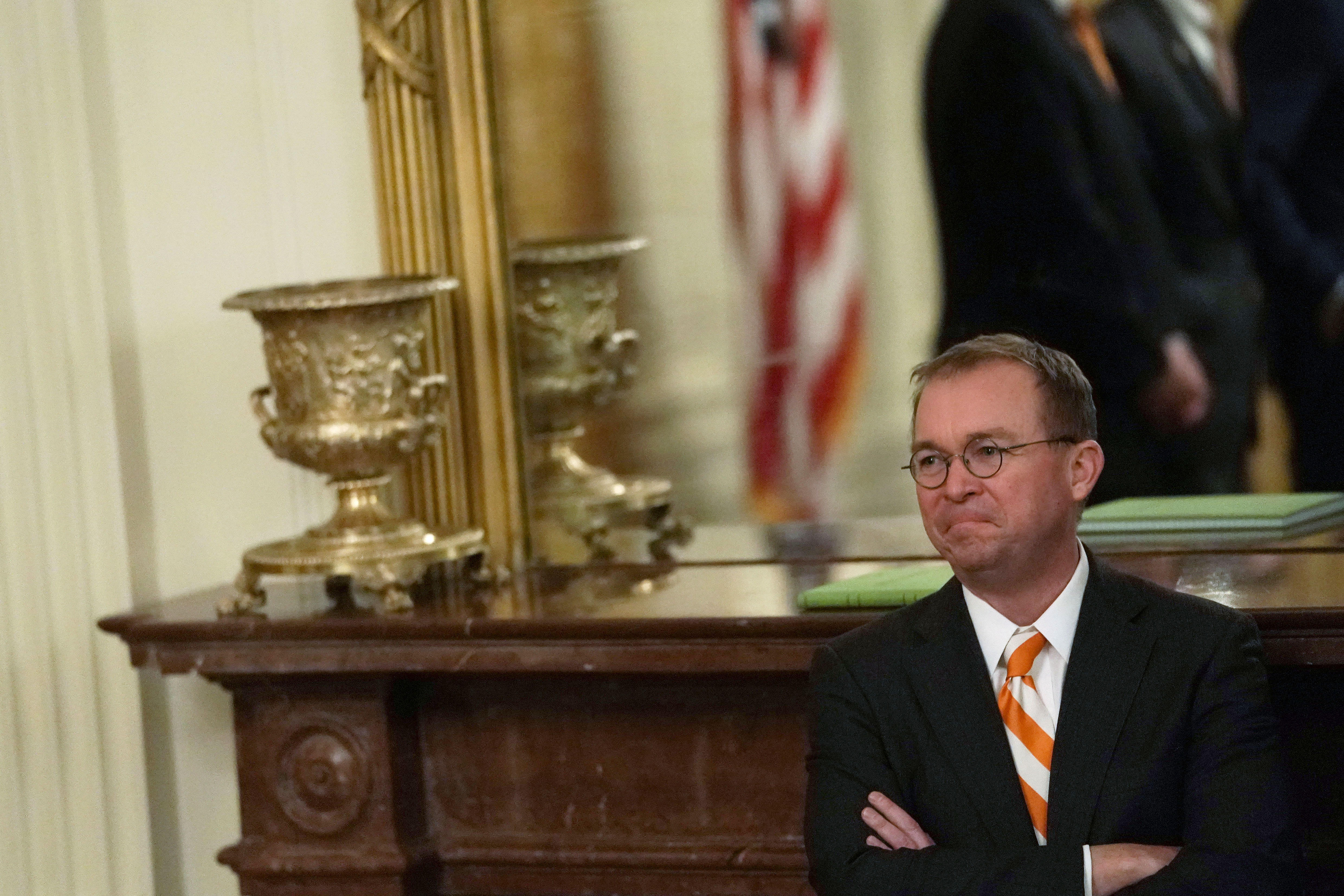

Republicans knew someone would notice if President Trump didn't mention the deficit in his Tuesday State of the Union. Acting White House Chief of Staff Mick Mulvaney didn't agree.
When Trump previewed his speech for 20 Republican supporters on Monday, Mulvaney argued that the ballooning deficit didn't need to be included because "nobody cares" about it, ABC News reports. That's not what Mulvaney would've said in his congressional days.
Before Trump tapped him to direct the Office of Management and Budget, Mulvaney was a congressman from South Carolina. And when he campaigned to earn that spot over Democratic incumbent and House Budget Committee Chair John Spratt, he made deficit reduction his "central policy concern," Politico's Jake Sherman recalls. He continued to complain about the national debt and deficit in his budget chair confirmation hearing in January 2017, but showed a shift that October when the Republican Tax Cuts and Jobs Act rolled around.
Subscribe to The Week
Escape your echo chamber. Get the facts behind the news, plus analysis from multiple perspectives.

Sign up for The Week's Free Newsletters
From our morning news briefing to a weekly Good News Newsletter, get the best of The Week delivered directly to your inbox.
From our morning news briefing to a weekly Good News Newsletter, get the best of The Week delivered directly to your inbox.
Ahead of its passage, the Congressional Budget Office concluded the GOP tax overhaul would add $1.46 trillion to the deficit over the next decade. Another report concluded that, with an additional round of cuts proposed but not passed the next year, the total could reach $3.2 trillion. Yet Mulvaney defended the GOP's tax reform proposal all the way, telling Fox News in October 2017 that America needed "new deficits" to grow the economy. That earned Mulvaney a dreaded question from host Chris Wallace: "You were a deficit hawk. What happened, sir?"
A free daily email with the biggest news stories of the day – and the best features from TheWeek.com
Kathryn is a graduate of Syracuse University, with degrees in magazine journalism and information technology, along with hours to earn another degree after working at SU's independent paper The Daily Orange. She's currently recovering from a horse addiction while living in New York City, and likes to share her extremely dry sense of humor on Twitter.
-
 The Velvet Sundown: viral band that doesn't actually exist
The Velvet Sundown: viral band that doesn't actually existIn the Spotlight These AI-generated rock hits are brought to listeners by… no one
-
 Snow what? 6 charming ski towns to visit during peak summer
Snow what? 6 charming ski towns to visit during peak summerThe Week Recommends No powder, no problem
-
 Retro tomatoes: a species of the plant is evolving backward
Retro tomatoes: a species of the plant is evolving backwardUnder the radar Environmental factors may play a role
-
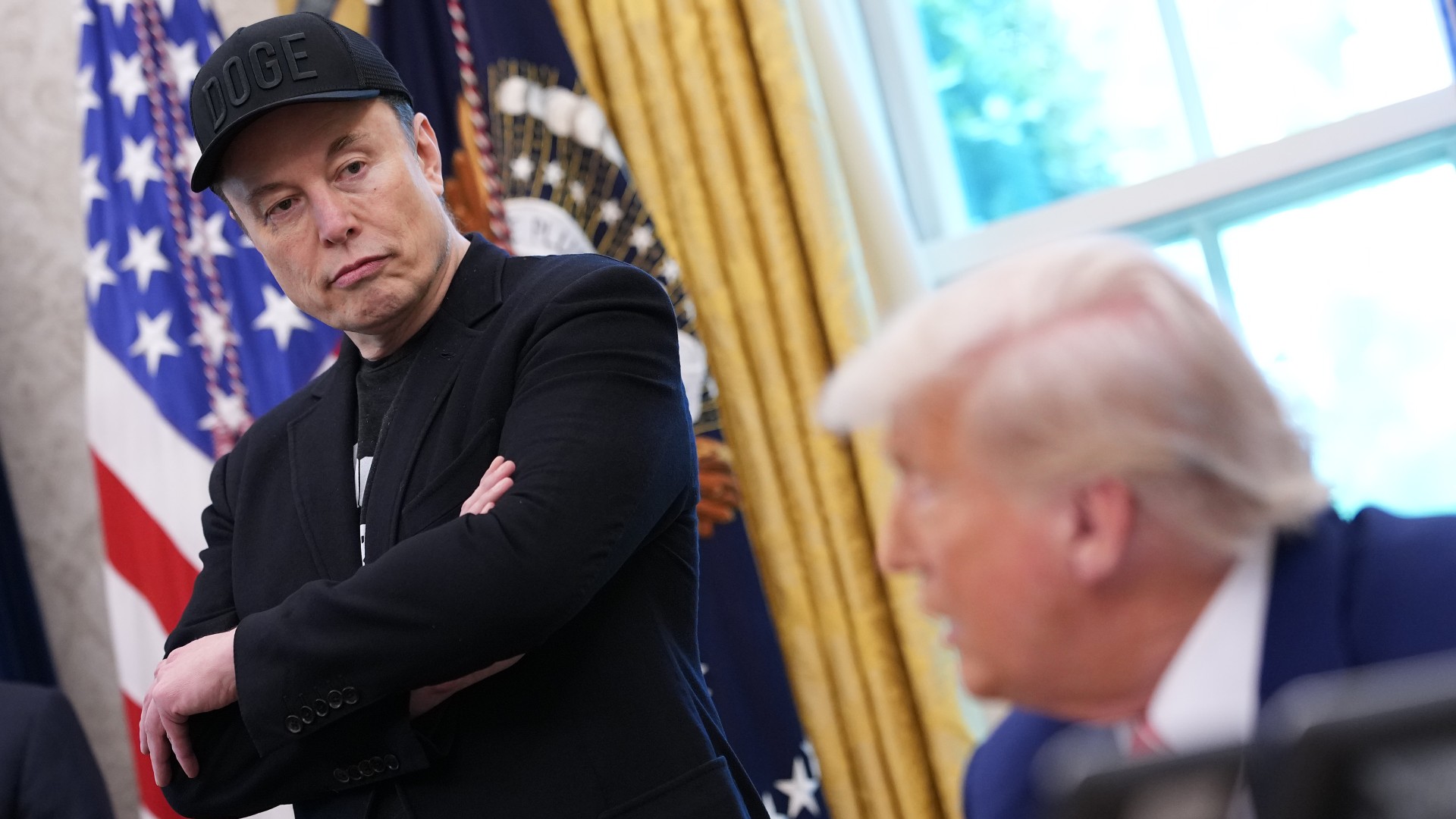 Elon Musk launching 'America Party'
Elon Musk launching 'America Party'Speed Read The tech mogul promised to form a new political party if Trump's megabill passed Congress
-
 Judge blocks Trump's asylum ban at US border
Judge blocks Trump's asylum ban at US borderSpeed Read The president violated federal law by shutting down the US-Mexico border to asylum seekers, said the ruling
-
 Thai court suspends prime minister over leaked call
Thai court suspends prime minister over leaked callSpeed Read Prime Minister Paetongtarn Shinawatra has been suspended, pending an ethics investigation
-
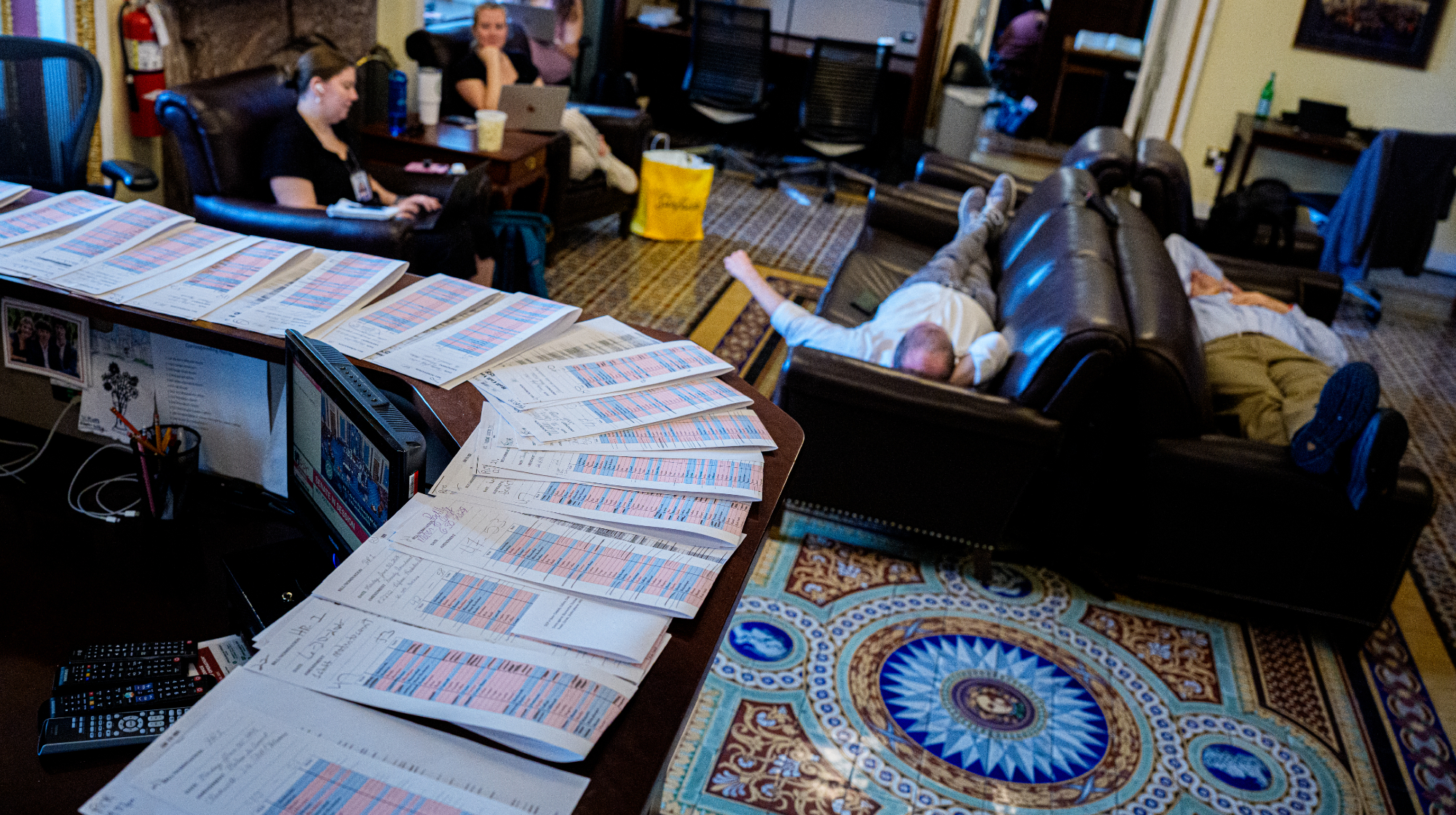 Senate passes GOP megabill after Alaska side deal
Senate passes GOP megabill after Alaska side dealThe pivotal yes vote came from Sen. Lisa Murkowski, whose support was secured following negotiated side deals for her home state Alaska
-
 Trump sues LA over immigration policies
Trump sues LA over immigration policiesSpeed Read He is suing over the city's sanctuary law, claiming it prevents local law enforcement from cooperating with federal immigration authorities
-
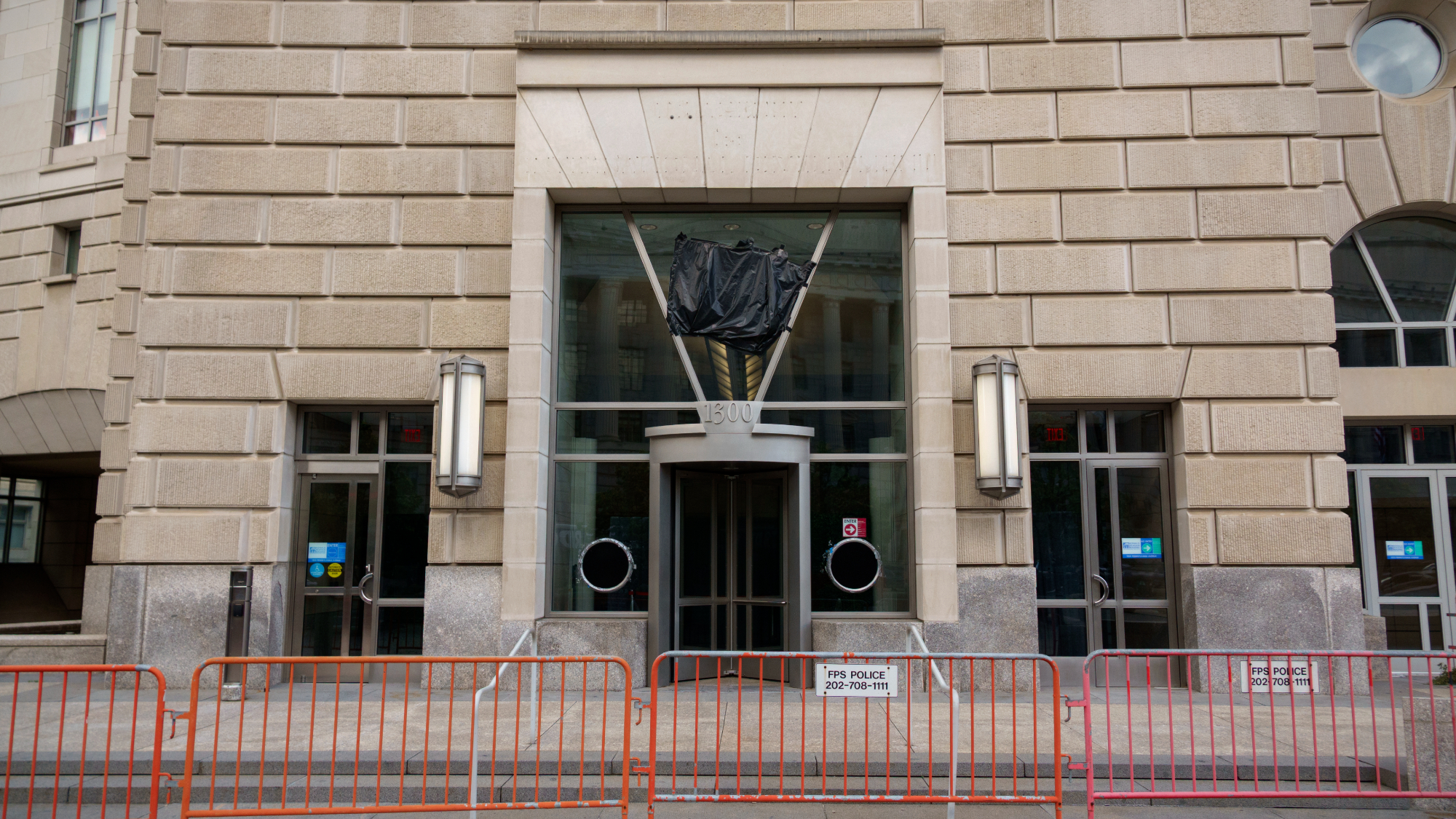 Obama, Bush and Bono eulogize USAID on final day
Obama, Bush and Bono eulogize USAID on final daySpeed Read The US Agency for International Development, a humanitarian organization, has been gutted by the Trump administration
-
 The last words and final moments of 40 presidents
The last words and final moments of 40 presidentsThe Explainer Some are eloquent quotes worthy of the holders of the highest office in the nation, and others... aren't
-
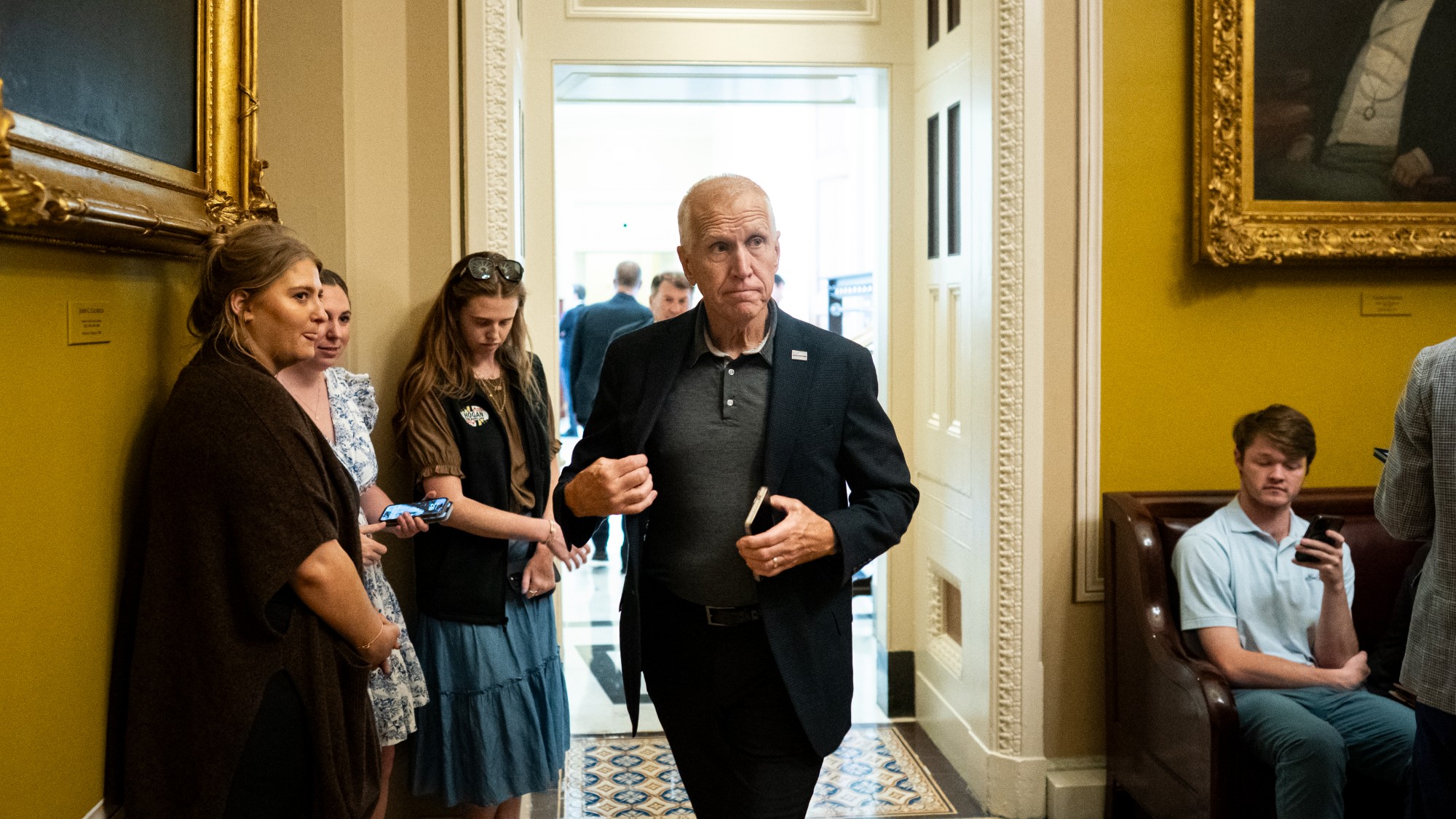 Senate advances GOP bill that costs more, cuts more
Senate advances GOP bill that costs more, cuts moreSpeed Read The bill would make giant cuts to Medicaid and food stamps, leaving 11.8 million fewer people with health coverage
